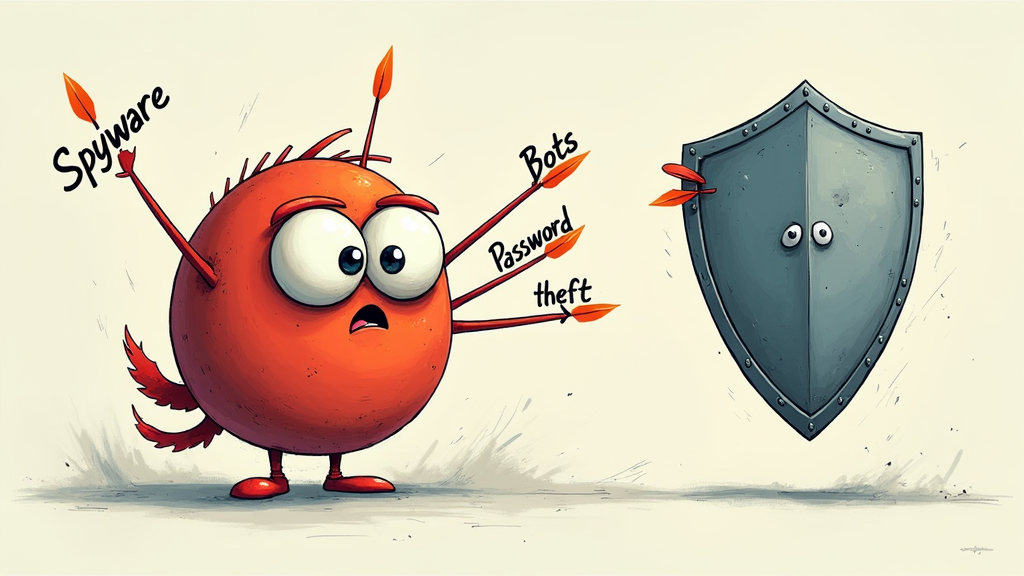"International Defence Cooperation: A key to regional stability." Views expressed in this cybersecurity, cyber espionage, and cyber crime update are those of the reporters and correspondents. Accessed on 15 December 2024, 0134 UTC. Content and Source: https://cyberwar.einnews.com/news/cyber-war-news?n=2&code=FA9GNesSTpp2rjO1&utm_source=NewsletterNews&utm_medium=email&utm_campaign=Cyber+War+News&utm_content=navig Please check link or scroll down to read your selections. Thanks for joining us today. Russ Roberts (https://www.hawaiicybersecurityjournal.net). Cyber War News Monitoring Get by Email • RSS Published on Dec 13, 2024 The Cyber Warfare Market Size Reach USD 127.1 Billion by 2032 Exhibiting CAGR at 13.3% WILMINGTON, DE, UNITED STATES, December 13, 2024 /EINPresswire.com/ -- According to the report, The Cyber Warfare Market Size Reach USD 127.1 Billion by 2032 Exhibiting CAGR at 1...


 )
) It's enough to make you want to chuck your phone in the ocean. (But don't do that, you need it to read this newsletter!)
It's enough to make you want to chuck your phone in the ocean. (But don't do that, you need it to read this newsletter!) Threat of the Week
Threat of the Week



 Infosec Expert Webinar
Infosec Expert Webinar
 Cybersecurity Tools
Cybersecurity Tools Tip of the Week
Tip of the Week

Comments
Post a Comment
Please leave a comment about our recent post.